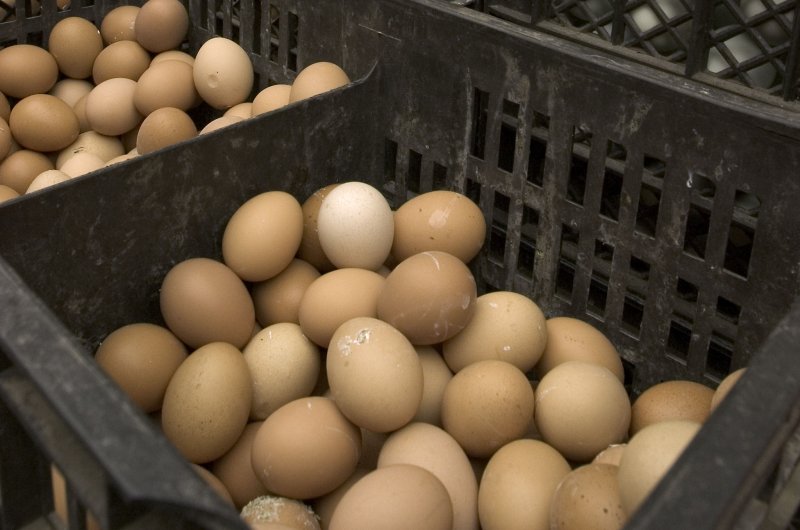IRVINE, Calif., Jan. 26 (UPI) -- Finally, scientists have figured out how to un-boil an egg -- which is great for those who accidentally boil eggs a lot. Okay, so it may not be a cure for cancer, but researchers say the science behind the new technique could cut cancer treatment costs.
"Yes, we have invented a way to un-boil a hen egg," Gregory Weiss, a chemistry professor at the University of California, Irvine, confirmed in a press release. "In our paper, we describe a device for pulling apart tangled proteins and allowing them to refold. We start with egg whites boiled for 20 minutes at 90 degrees Celsius and return a key protein in the egg to working order."















